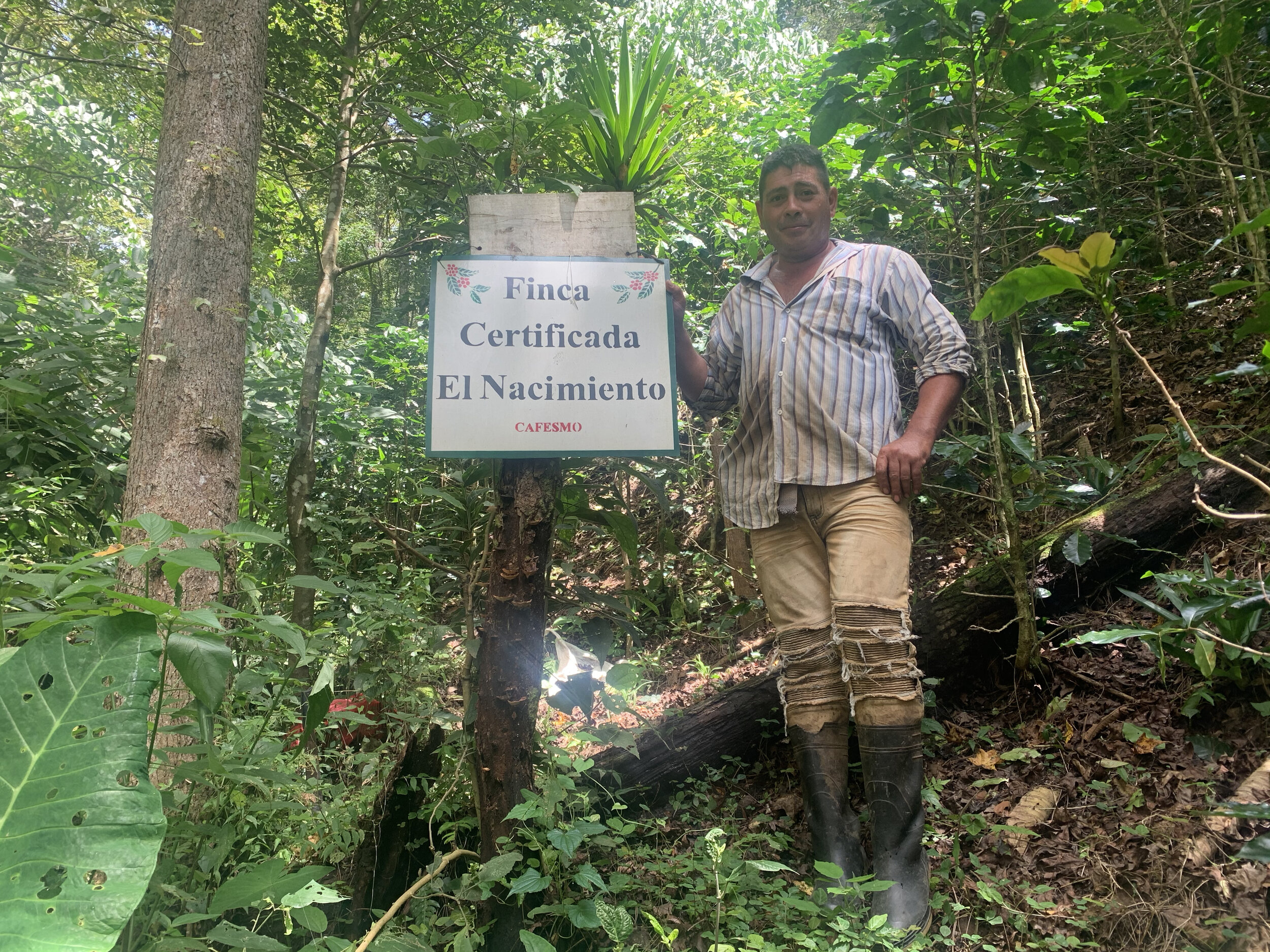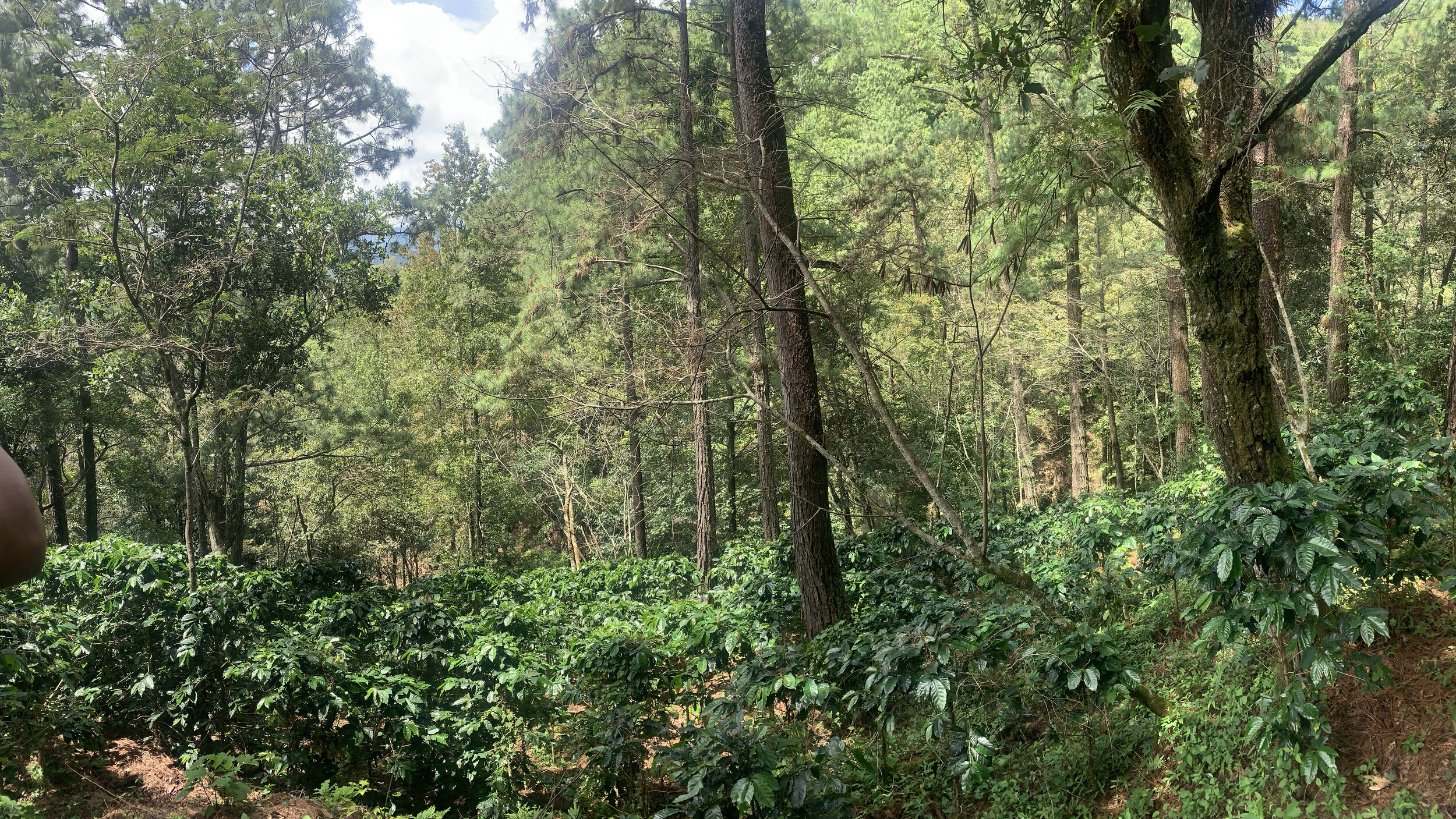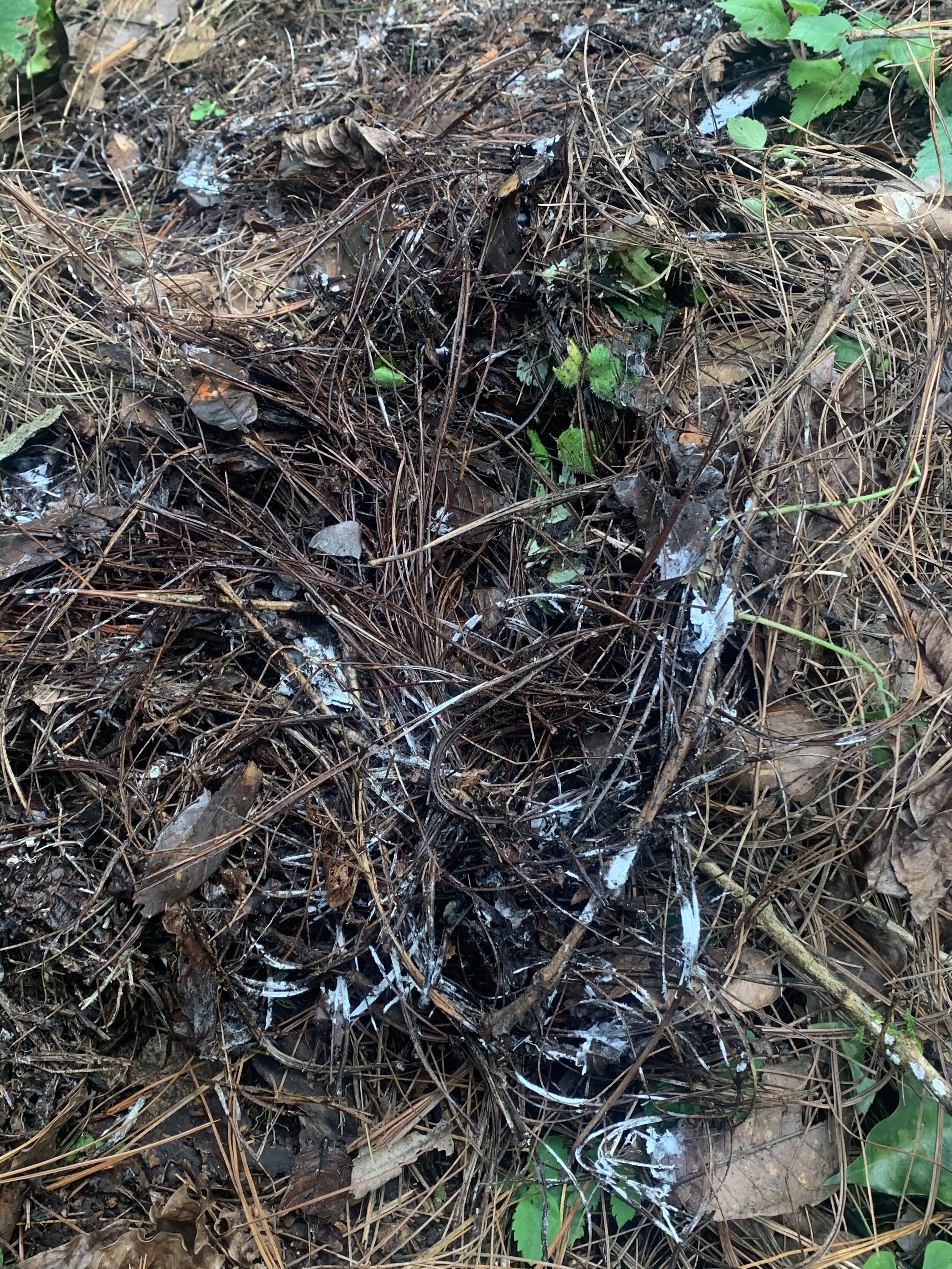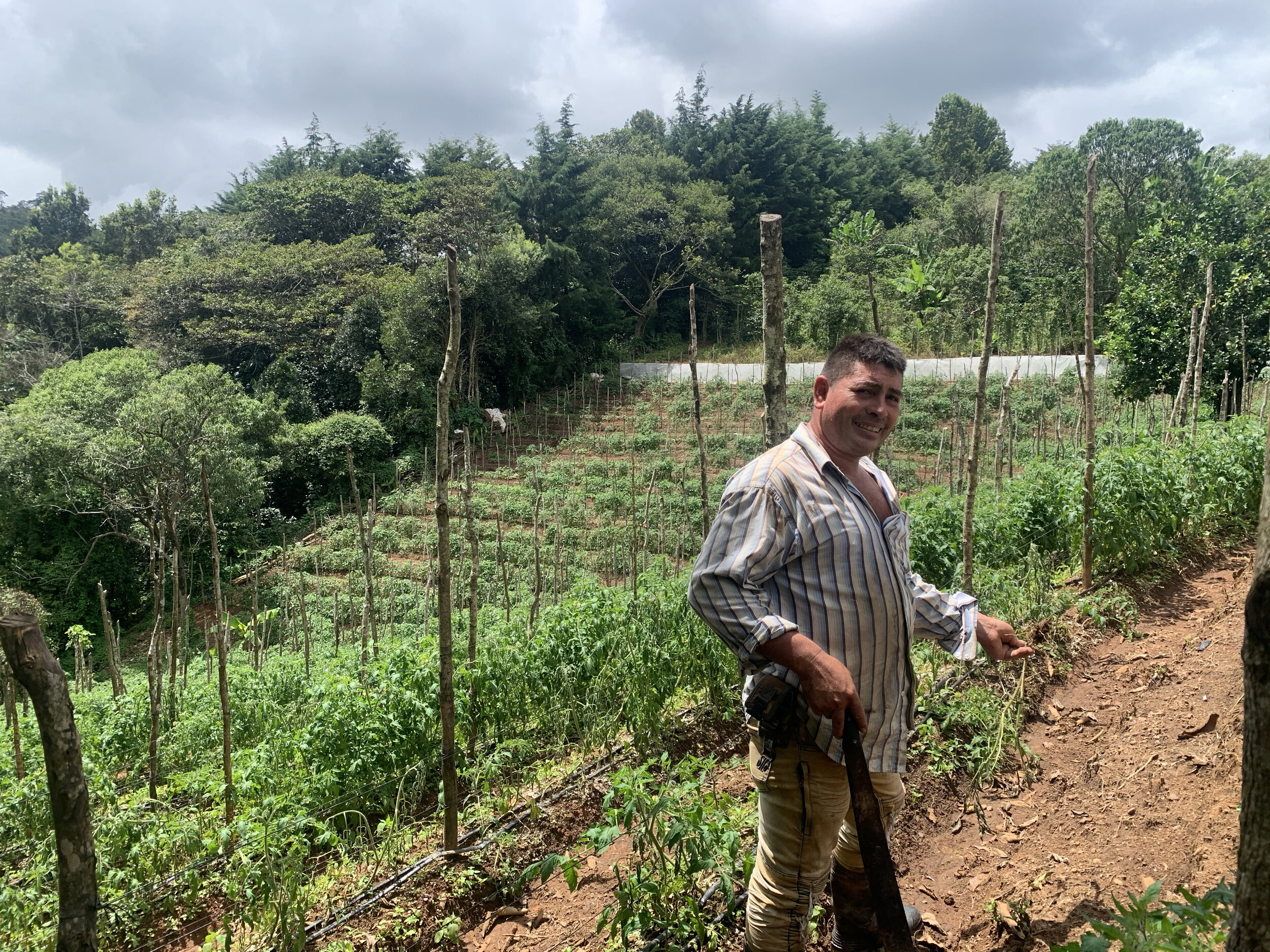Balthazar Cabrera, Finca El Cañal and el Nacimiento




Actually, my older brothers taught me the art of growing coffee, but, ironically, both left to the United States to look for a better life, and now my father and I are tending to their coffee plots.
I am incredibly fortunate to have one of the most precious, unspoiled parts of the land that is available in our region. Where my coffee grows, nobody has ever used any chemicals at all. You can smell the difference, but you can especially see it very well, in and on the top layer of the soil. There are always abundant leaves from the surrounding trees rotting, which is excellent natural fertilizer.
And when you dig into the ground with your fingers, for only an inch or two, you can see that old tiny branches that once fell from the trees have turned white. The white ‘mildew’ you see, provides nutrients and strength for the coffee plants.
There’s also a stream that crosses my land, and it provides abundant water, year round, even during the dry months there’s enough to keep the plants well fed. Just next to my coffee, I grow tomatoes, to diversify my income. We also roast our own coffee. In fact, we dry it the natural way, on our patio, and leave the pulp for quite a long time, long enough for the bean to absorb all the fruity and honey-like flavors. Then, my wife roasts the coffee at home.
Our children are still very young, one was born recently and the other is two years old. So, it will take many years before they will be working here with me, but that is certainly something I’m already dreaming about. It would be great if they can inherit my land and continue the work that my grandfather started many decades ago!
Farm facts
3 hectares from 1.430 to 1.520 meters.
Precious, unspoiled land with mostly pine trees but also liquidámbar, malfinca, and guamo. There’s a small stream that provided water year round.
IH-Café 90 and Lempira varietals.
FTO Certified coffees.
This farm is Rain Forest Alliance certified.
